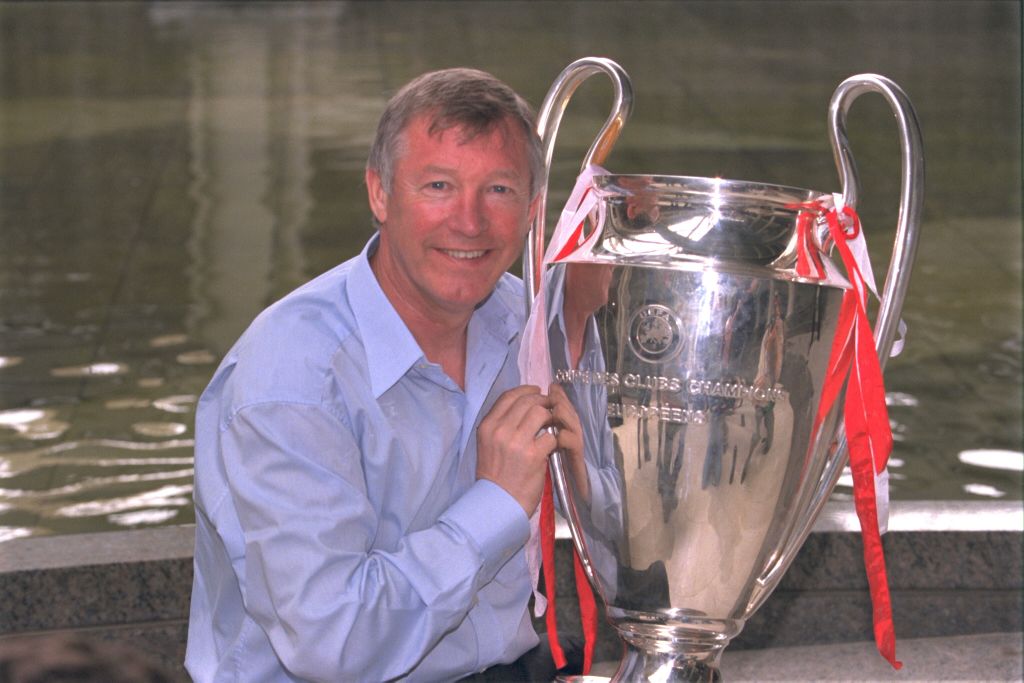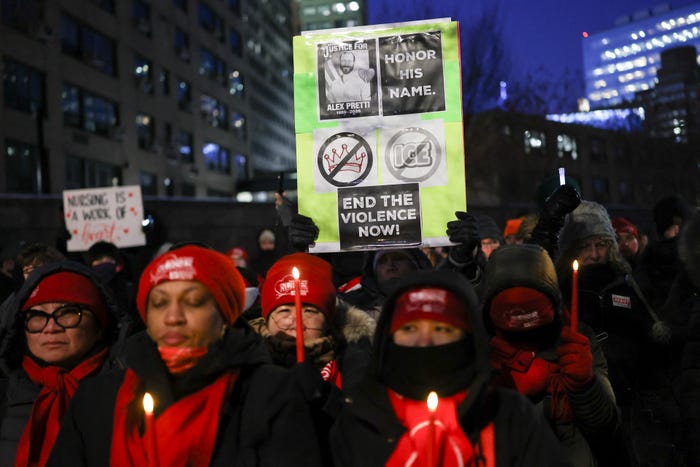
MANCHESTER, ENGLAND - MAY 27: Sir Alex Ferguson with the European Cup the morning after the victory in the UEFA Champions League Final between Bayern Munich v Manchester United at the Nou camp Stadium on 26 May, 1999 in Barcelona, Spain. Bayern Munich 1 Manchester United 2. (Photo by Matthew Peters/Manchester United via Getty Images)
In a recent interview, former Manchester United striker Javier Hernandez discussed the challenges the club faced following the retirement of legendary manager Sir Alex Ferguson in 2013. Ferguson, who led Manchester United to 13 Premier League titles, five FA Cups, and two Champions League victories, left a monumental legacy that has proven difficult to replicate.
Hernandez, who joined Manchester United in 2010 under Ferguson’s guidance, expressed his admiration for the manager’s unique approach. He emphasized that Ferguson was “way more than a manager,” highlighting his ability to foster a family-like atmosphere at the club. Hernandez remarked that Ferguson’s success stemmed not just from tactical acumen but from his skill in nurturing players’ potential.
Reflecting on Ferguson’s retirement, which was announced after the death of his sister-in-law, Hernandez recalled the shock among the players. “We all knew Manchester United were going to go through some tough moments,” he stated. Hernandez believes that attempting to find another manager like Ferguson was misguided. “They should have tried something different,” he suggested, noting the significance of Ferguson’s multifaceted role at the club.
The transition to new leadership was marked by a noticeable shift in culture at Manchester United. Hernandez, who remained with the club until 2015, observed a stark contrast in the environment post-Ferguson. “In my three years with him, when you went into Carrington, it felt like a family,” he said, referring to the club’s training ground. The camaraderie and high standards cultivated under Ferguson were replaced by uncertainty and change when David Moyes took the helm.
Hernandez described the atmosphere at Carrington during Ferguson’s tenure as one of collective happiness and commitment. He lamented that this sense of unity did not carry over after Ferguson’s departure. Moyes, who succeeded Ferguson, sought to implement significant changes, leading to further disruptions.
As Hernandez continues to reflect on his time at Manchester United, his thoughts on Ferguson underscore the complexities of maintaining success in a sport often defined by rapid change. The legacy left by Ferguson remains a benchmark against which all subsequent managers are measured, and Hernandez’s insights provide a poignant reminder of what was lost in the transition.
In the years since Ferguson’s retirement, Manchester United has faced a series of challenges in rediscovering its identity and competitive edge. Hernandez’s comments resonate as the club continues to search for stability and success, seeking to honor the foundation built by one of football’s greatest managers.






